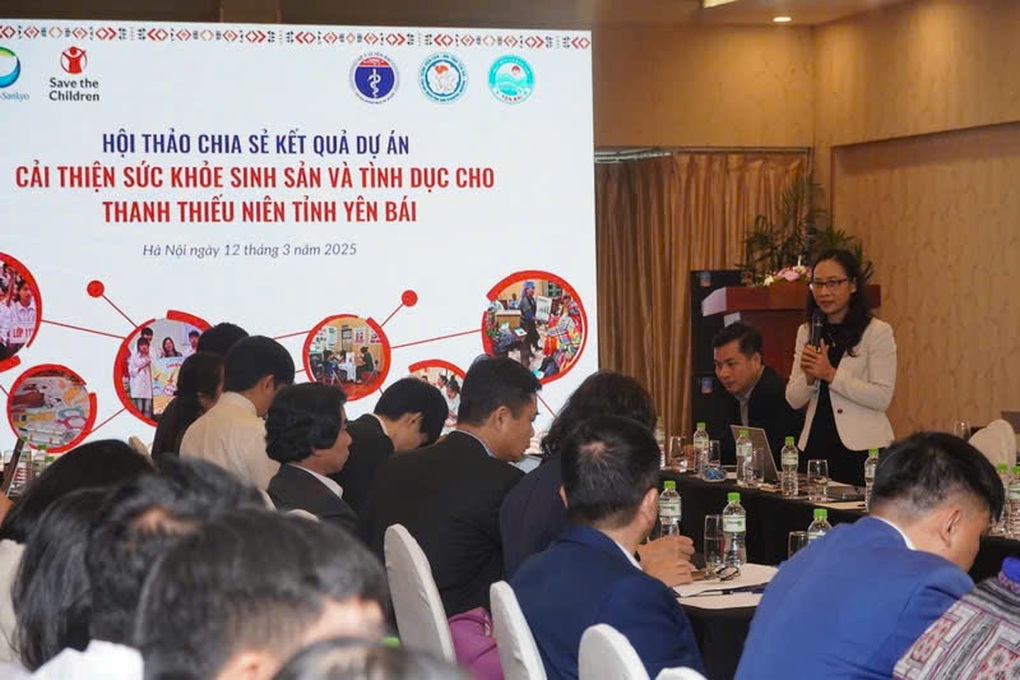Early pregnancy is a critical concern in Vietnam, significantly impacting the health, future, and development opportunities of adolescents. This article examines the current situation, its consequences, and potential solutions to address this issue.
The Alarming Situation of Early Pregnancy
Early pregnancy in Vietnam, particularly in rural and mountainous regions, remains prevalent and alarming. Deputy Director of the Maternal and Child Health Department, Mr. Trần Đăng Khoa, emphasizes the urgent need to prevent “children giving birth to children.” A seminar on improving sexual and reproductive health for adolescents in Yên Bái province, held on March 12th in Hanoi, highlighted the severity of this problem.
 Early sex education to prevent children giving birth to children
Early sex education to prevent children giving birth to children
Negative Impacts: Early pregnancy not only jeopardizes the reproductive health of adolescent girls but also accelerates poverty, restricts educational opportunities, and hinders personal development.
Alarming Statistics from the Field
Early marriage and pregnancy remain prevalent in remote areas. In 2021, the pregnancy rate among women aged 15-19 in Mù Cang Chải district, Yên Bái, was 15.5%, and 9.6% in Văn Chấn district. The number of children born to mothers under 18 annually in Văn Chấn district reached 150-180. The prevalence of clandestine marriages and births directly impacts the future of these children.
Furthermore, according to the Vietnam Family Planning Association, the country experiences nearly 300,000 abortions annually, predominantly among 15-19-year-olds, including many students. Concerningly, the abortion rate after 12 weeks (the third month of pregnancy) is nearly 80%. These statistics underscore the critical need to address the issue of early pregnancy.
Comprehensive Reproductive Health Education: A Crucial Solution
Comprehensive reproductive health education for adolescents is the most effective solution to prevent early pregnancy. Education programs should commence at the age of 11 to foster a sound understanding of reproductive health. Studies show a significant increase in adolescents’ acceptance of modern contraceptives (from 63% to 82%) and access to reproductive healthcare services (from 24% to 88%) due to improved educational programs.
The Role of Communities and Families
Reproductive health education is not solely the responsibility of schools. Families and communities must actively participate. Disseminating information and providing counseling regarding reproductive health to adolescents is crucial, creating a safe environment for them to share and learn. Educational programs for parents on how to communicate with their children about sexuality are also essential, fostering open communication and better support.
Conclusion
Early pregnancy is a serious societal issue requiring collective action from government, schools, families, and communities. Strengthening reproductive health education and providing practical support for adolescents facing challenges are vital steps in building a healthier and more sustainable society.
References
- Information from the seminar on the results of the Adolescent Sexual and Reproductive Health Improvement Project in Yên Bái province, March 12, 2025.
- Vietnam Family Planning Association.
- Maternal and Child Health Department, Ministry of Health.
- Original article source



